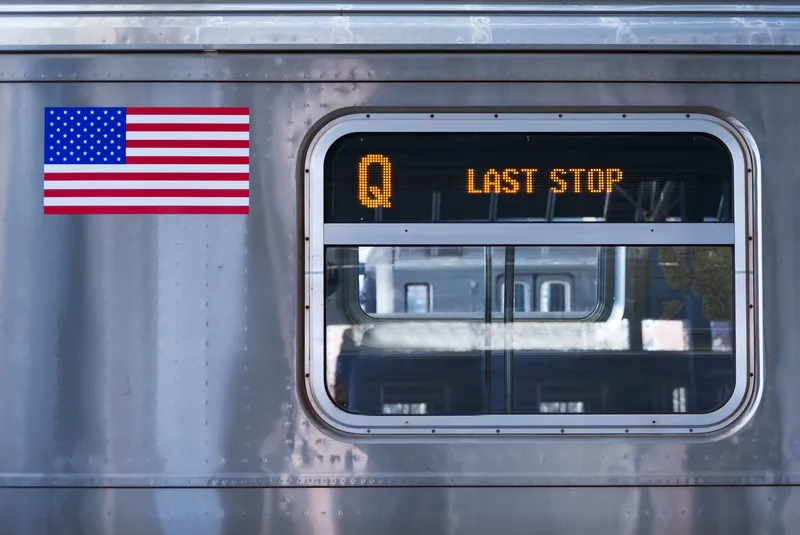
Ford Mobility said its subsidiaries are providing transit agencies with free consulting and demand-response software during the Covid-19 emergency.
The company said that as the world reacts to the coronavirus pandemic, transit providers have the challenge of how to maintain service for frontline workers in a reliable and safe fashion during this time of uncertainty.
With steep declines in ridership in response to Covid-19, transit providers need to become more reactive and more nimble in their offerings.
This has included adjusting and reducing fixed-route services to provide for essential workers, but also limiting routes with empty buses.
“Transit providers are operating in uncharted territory, reacting daily to the evolving needs of their riders and government policies,” said Justin Rees, chief executive of Ford Mobility’s TransLoc, Ride Systems and DoubleMap subsidiaries.
“Fewer people may be using transit during this crisis, but for healthcare, grocery, law enforcement and other frontline workers, transit services are more critical than ever. Transit providers are the backbone of our communities and we are committed to supporting them in any way possible so they may continue to provide these mission critical services,” said Rees.
TransLoc, Ride Systems and DoubleMap will work with agencies to offer on-demand services that help to reduce losses associated with drops in ridership, while continuing to provide mission critical service. They can offer expertise in reactive transit planning, powered by demand response software.
Interested transit providers are asked to visit the TransLoc website for more information and for application instructions for the free service.










